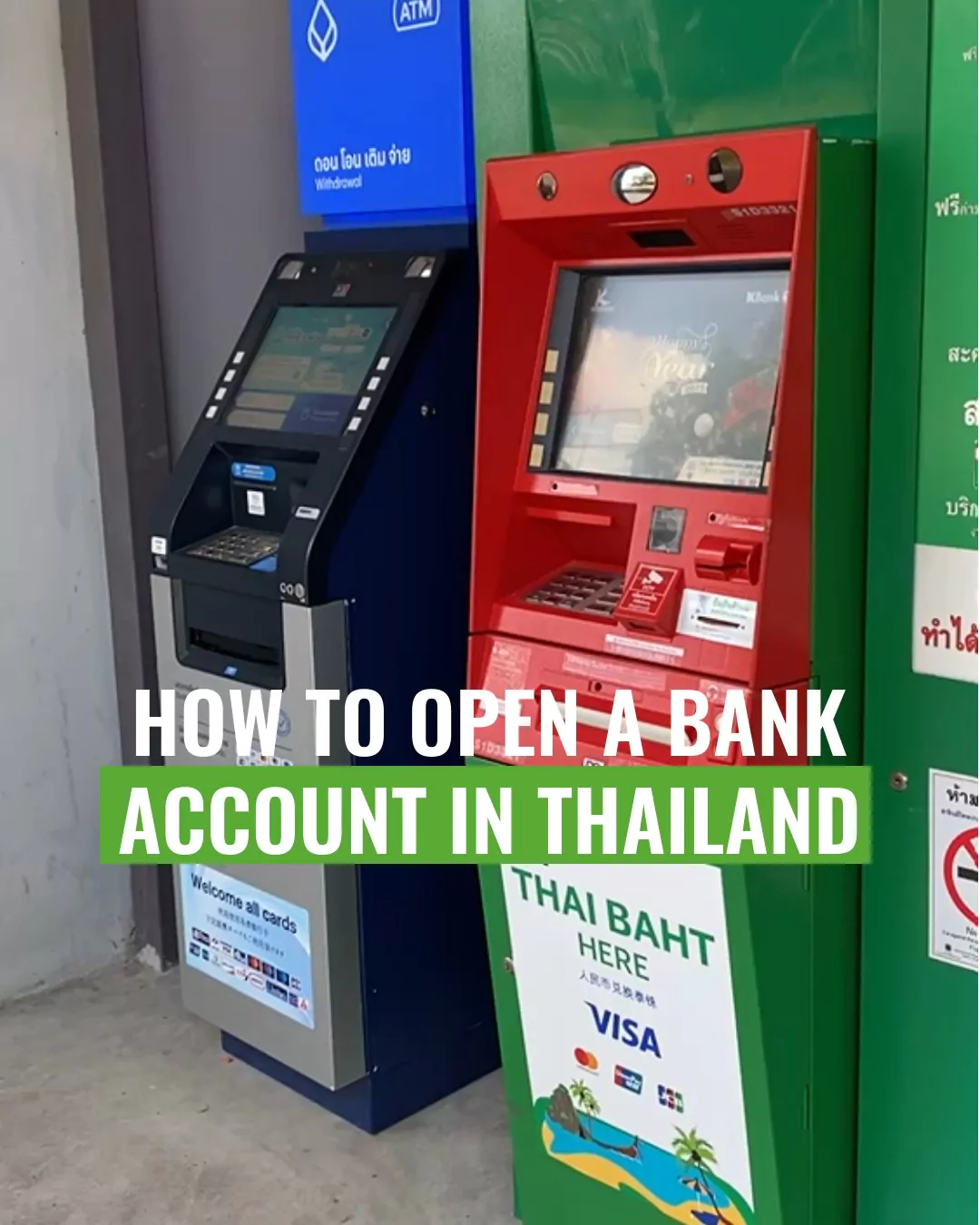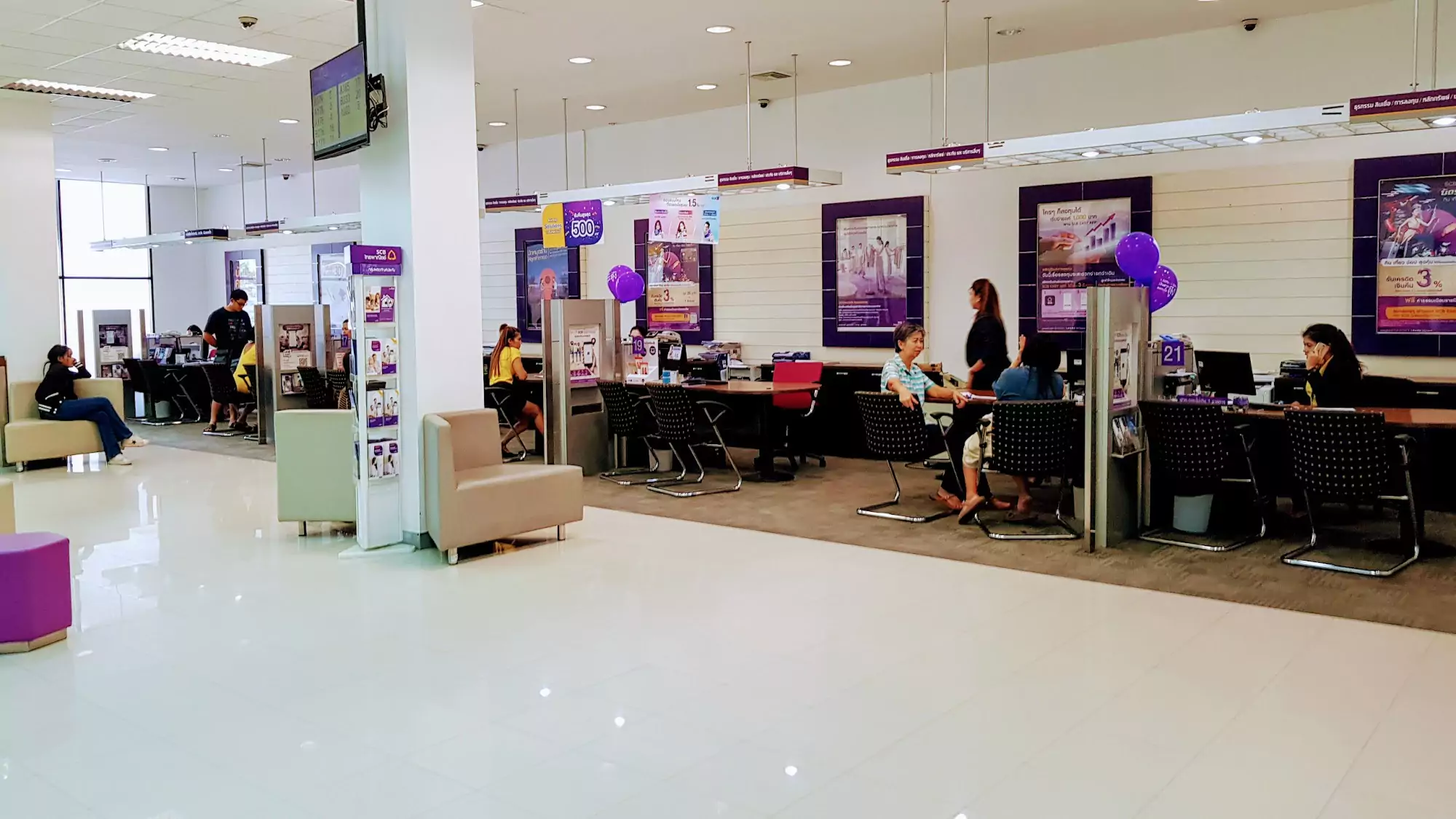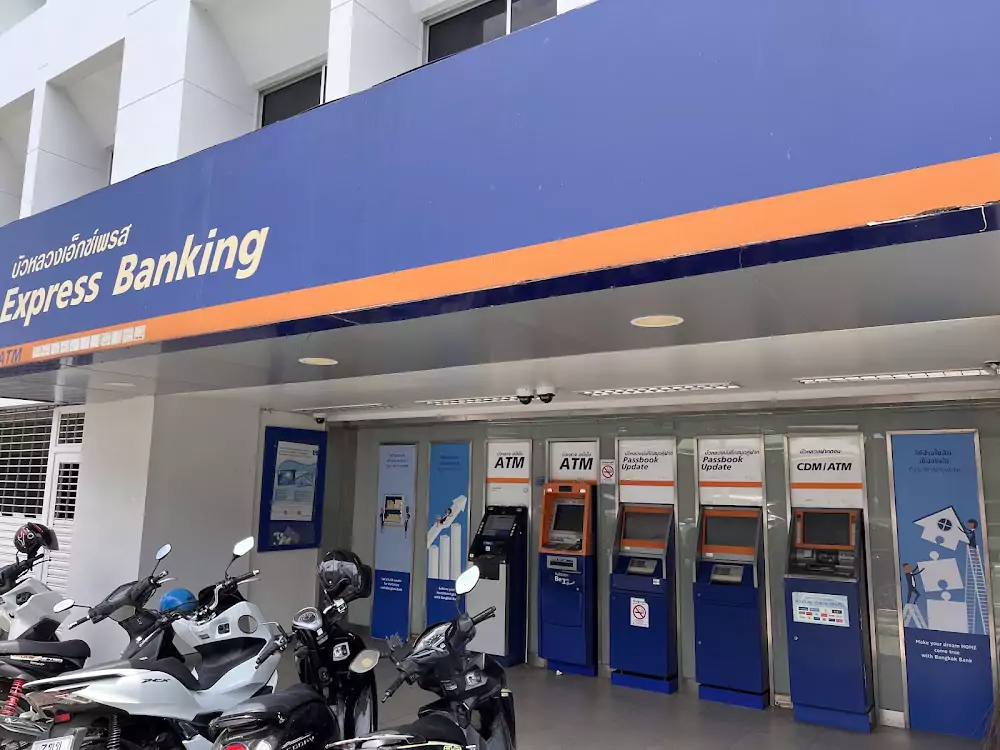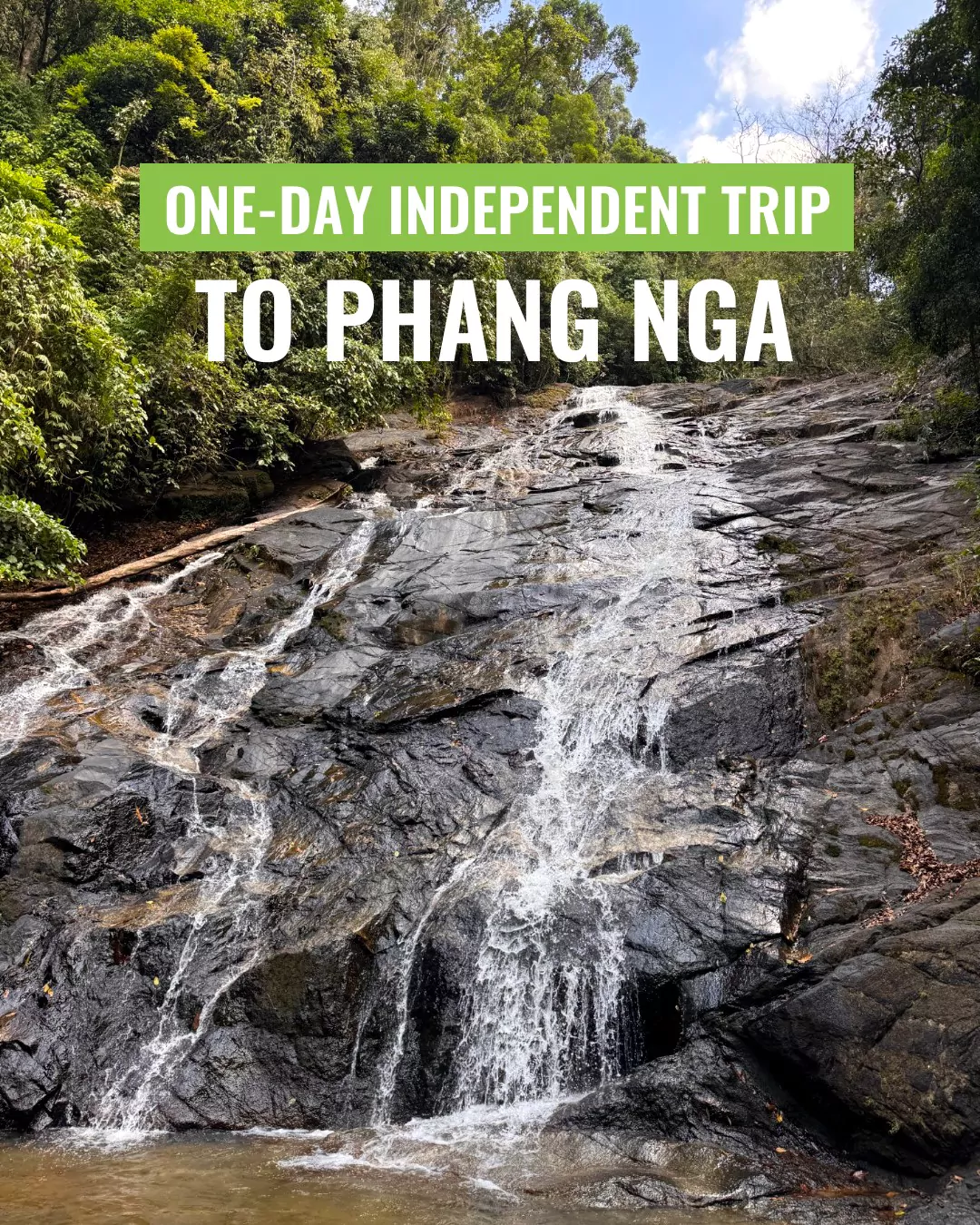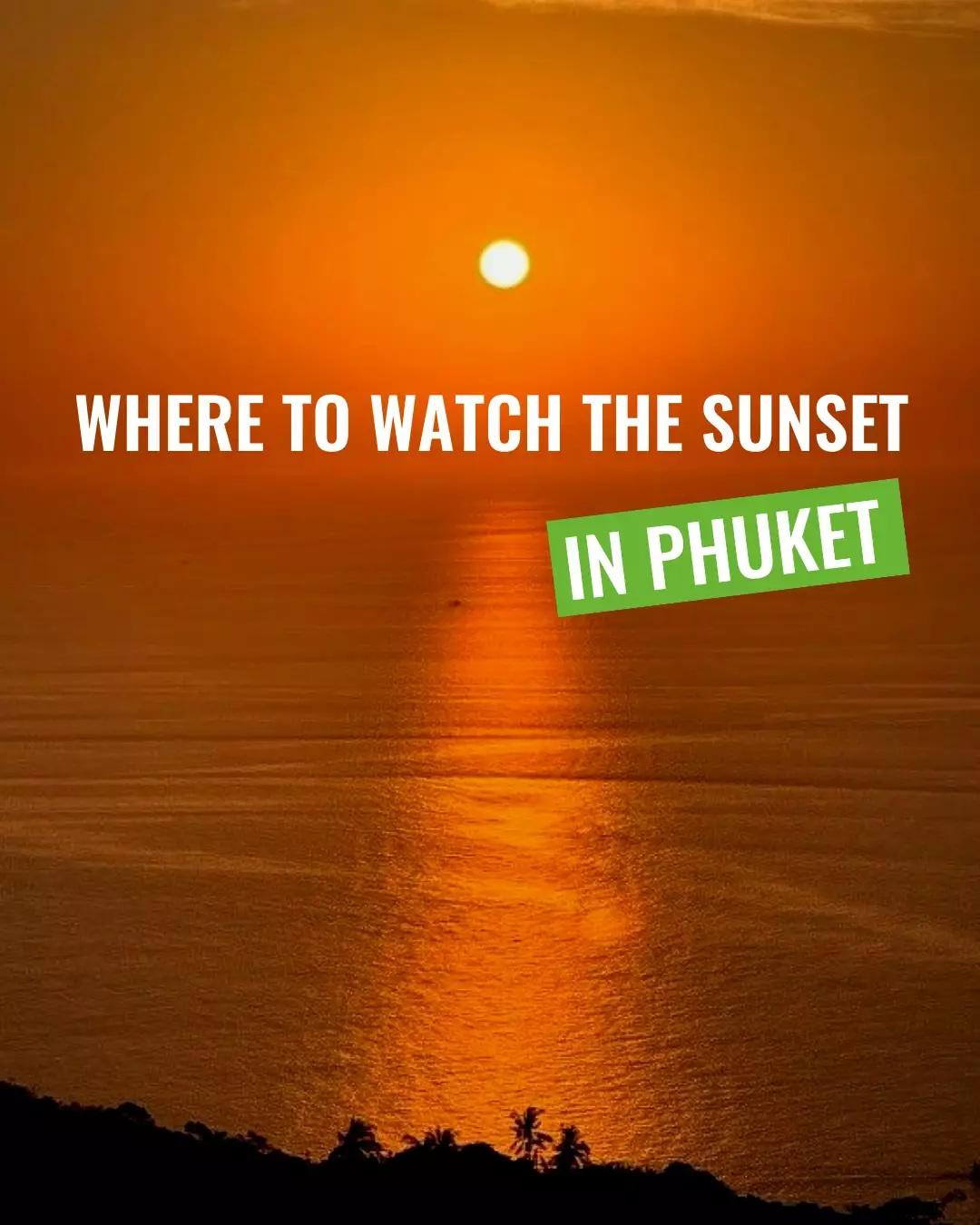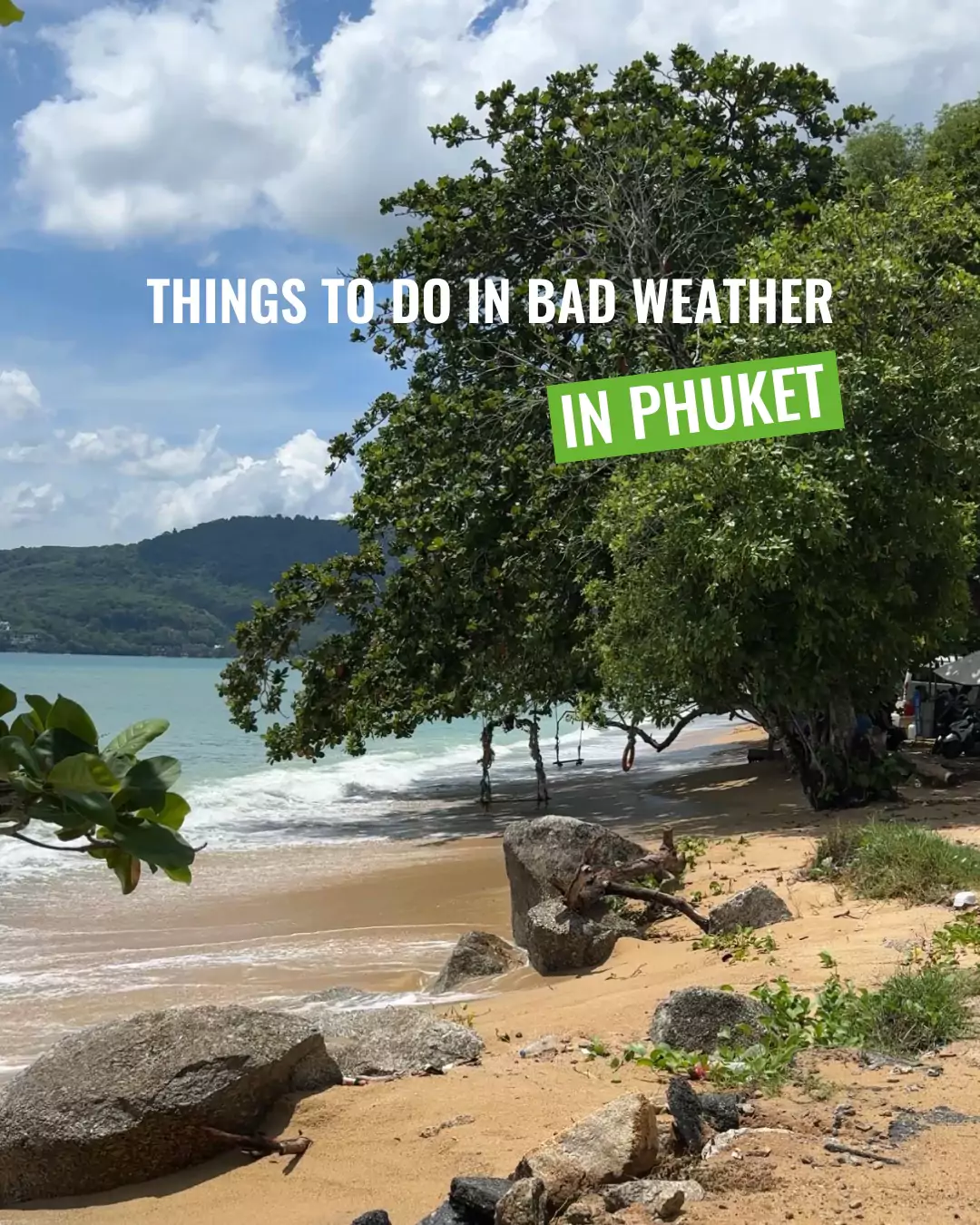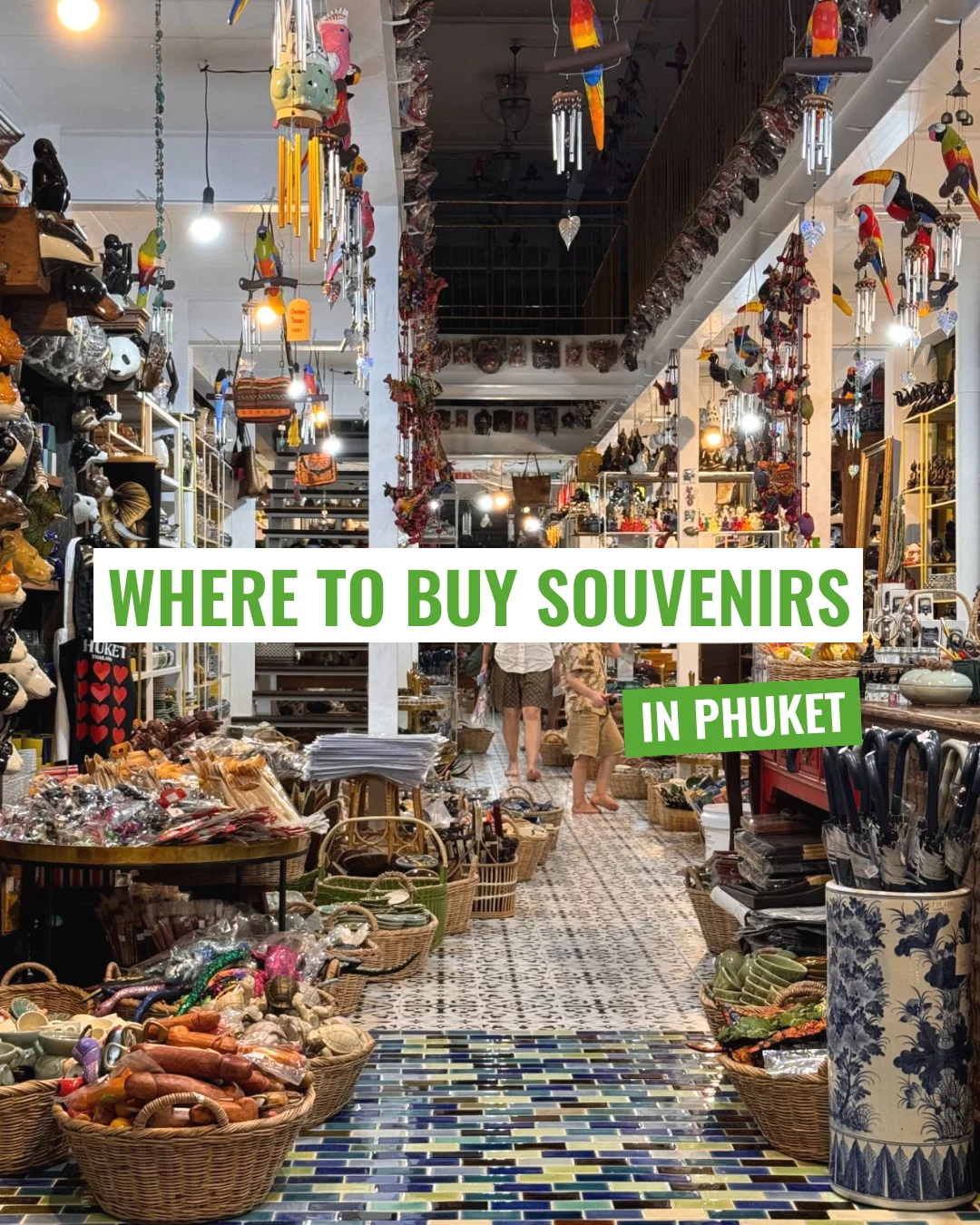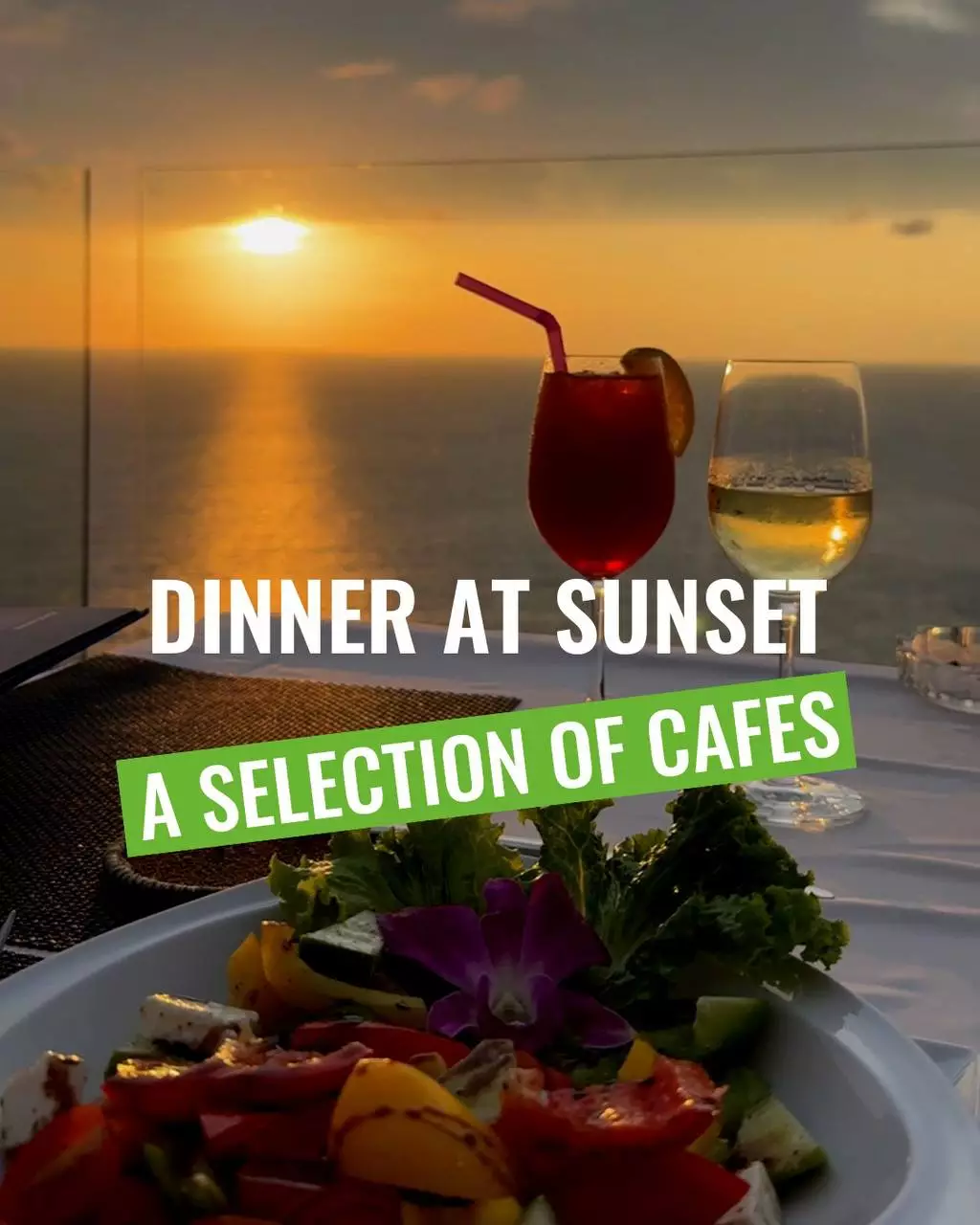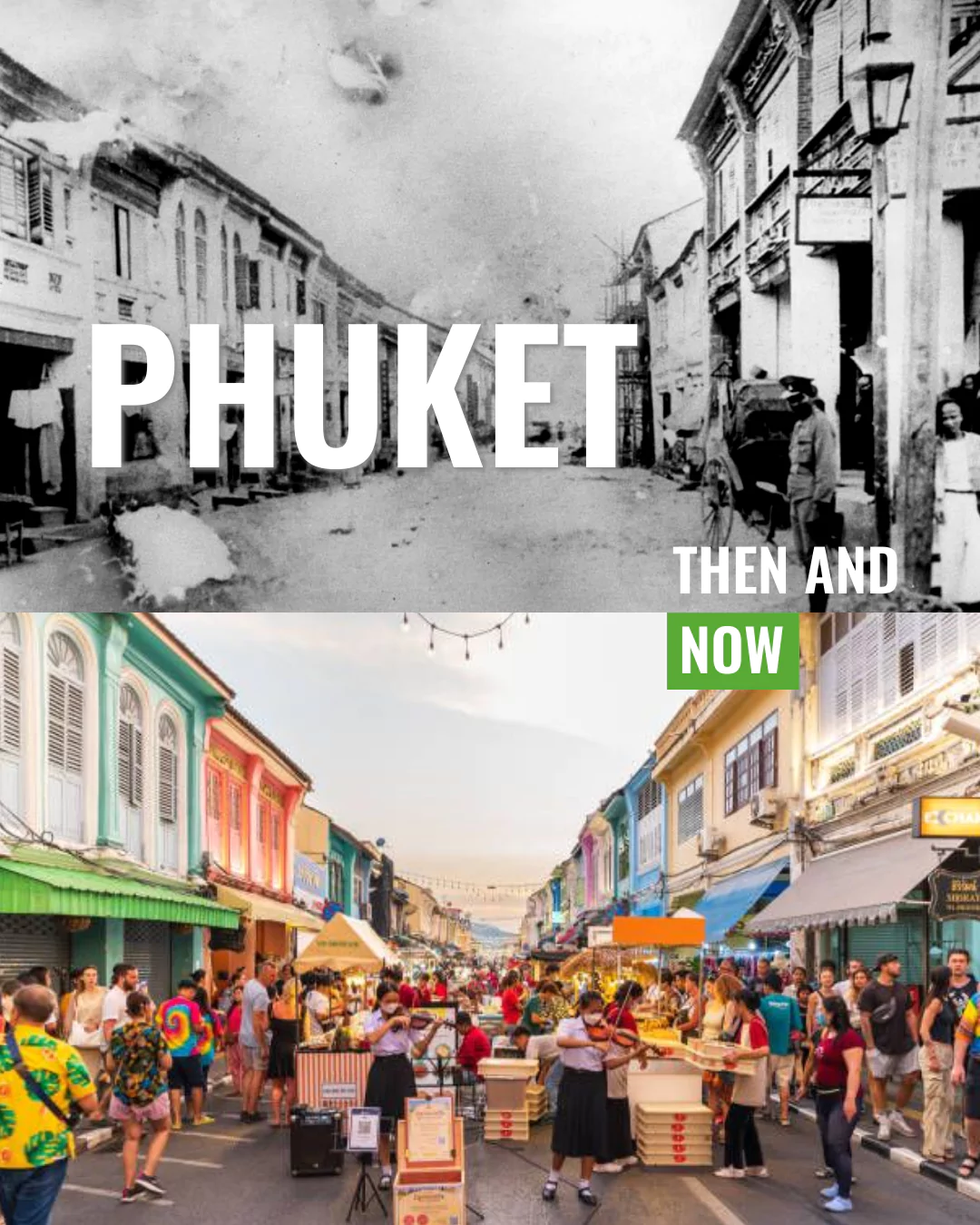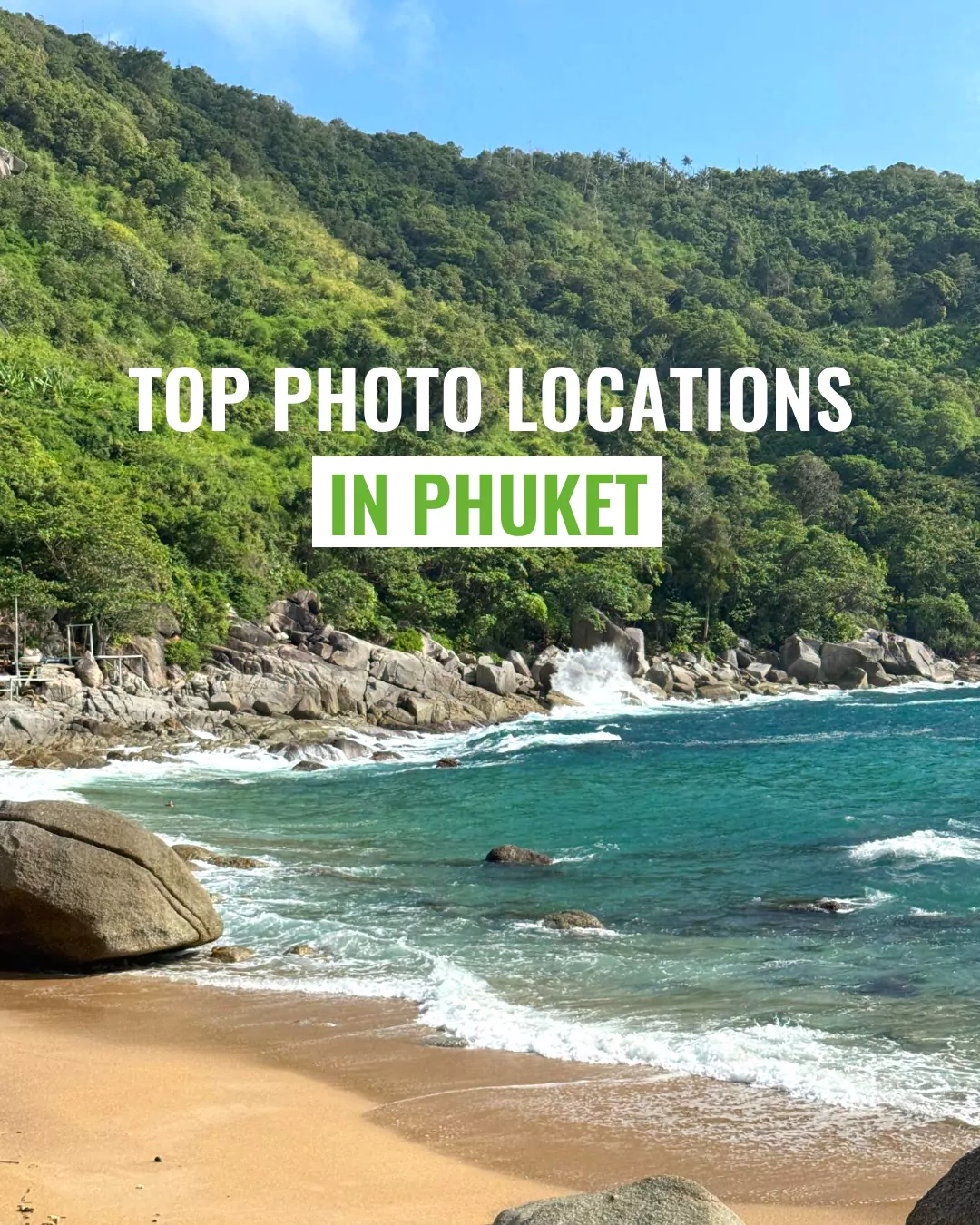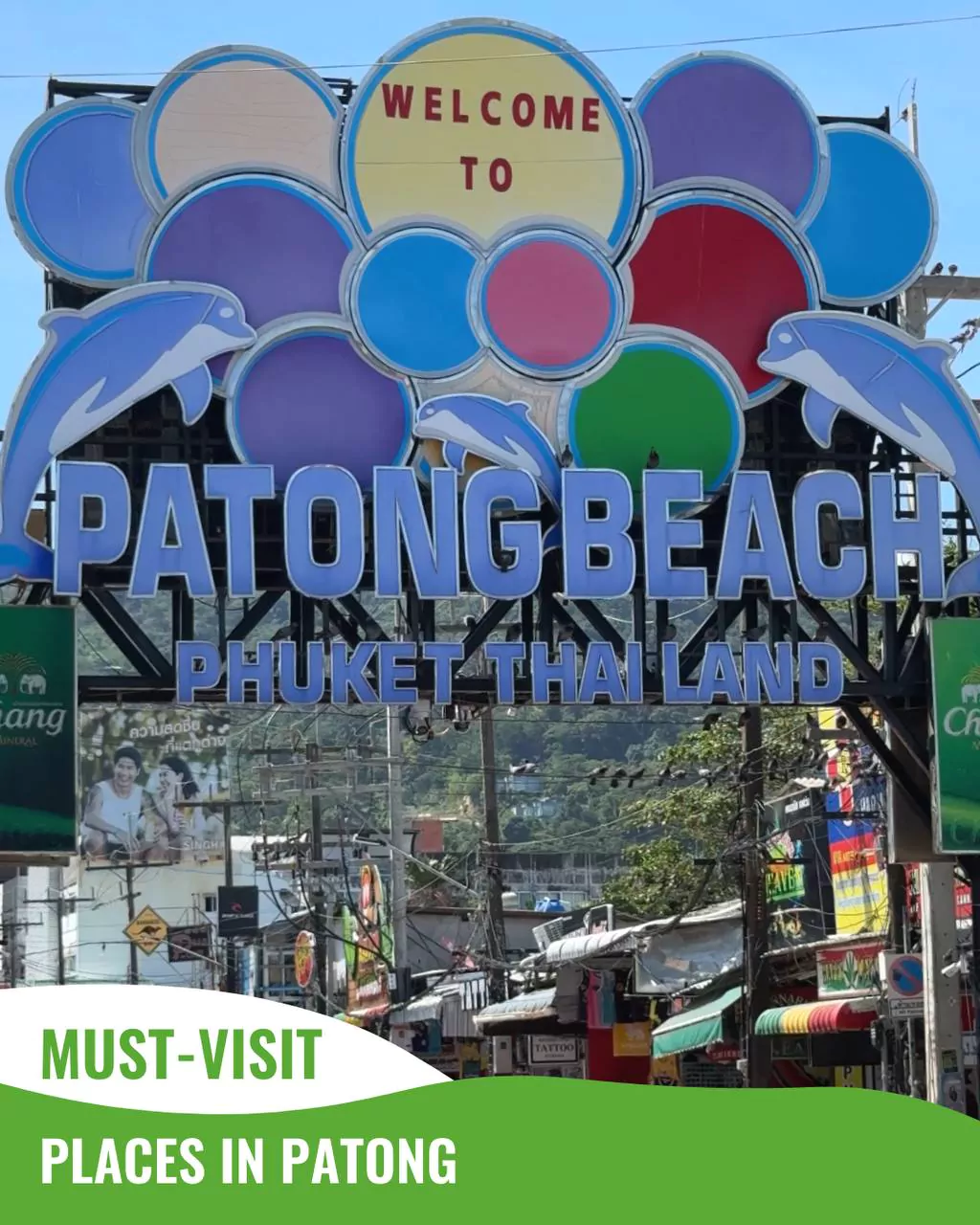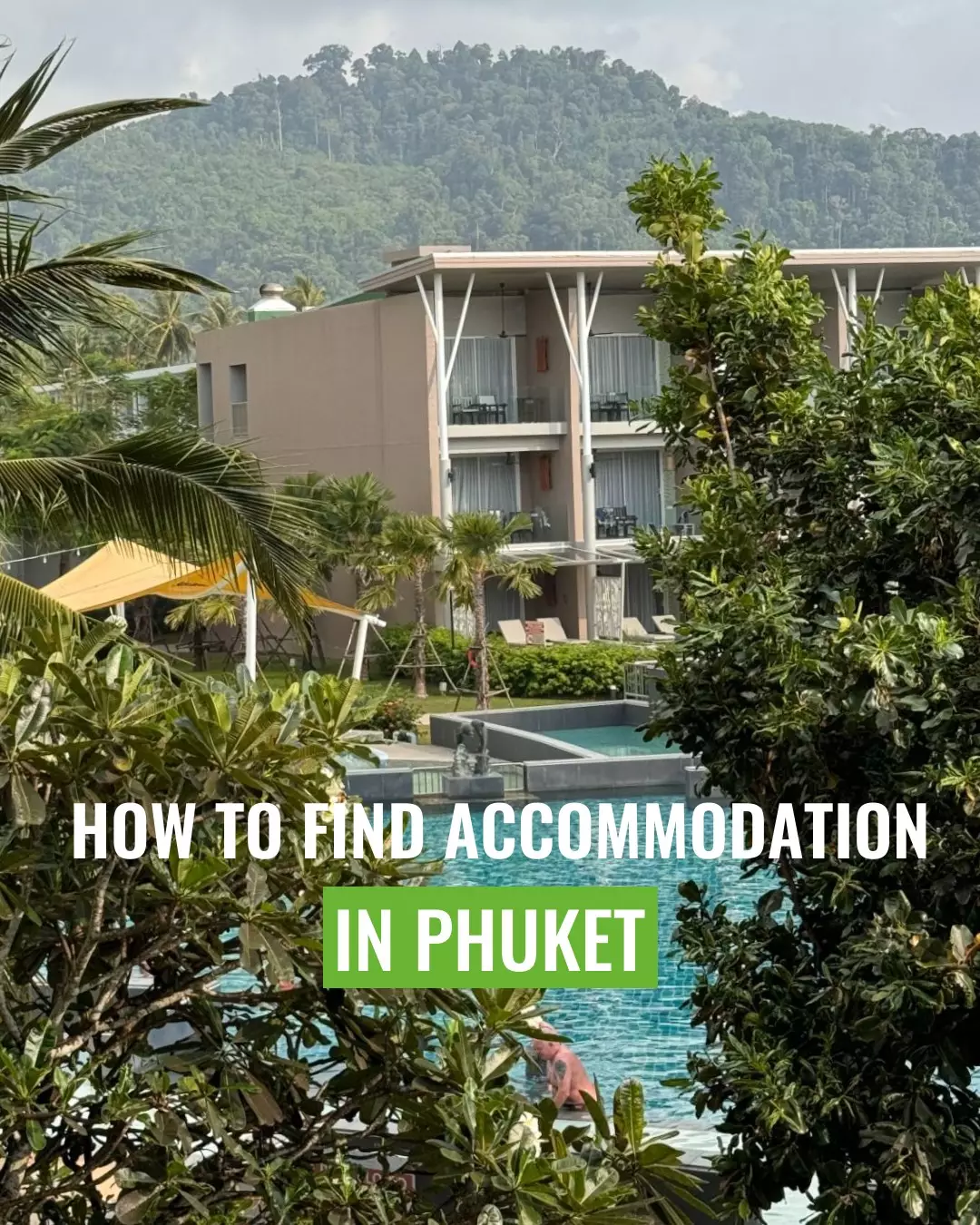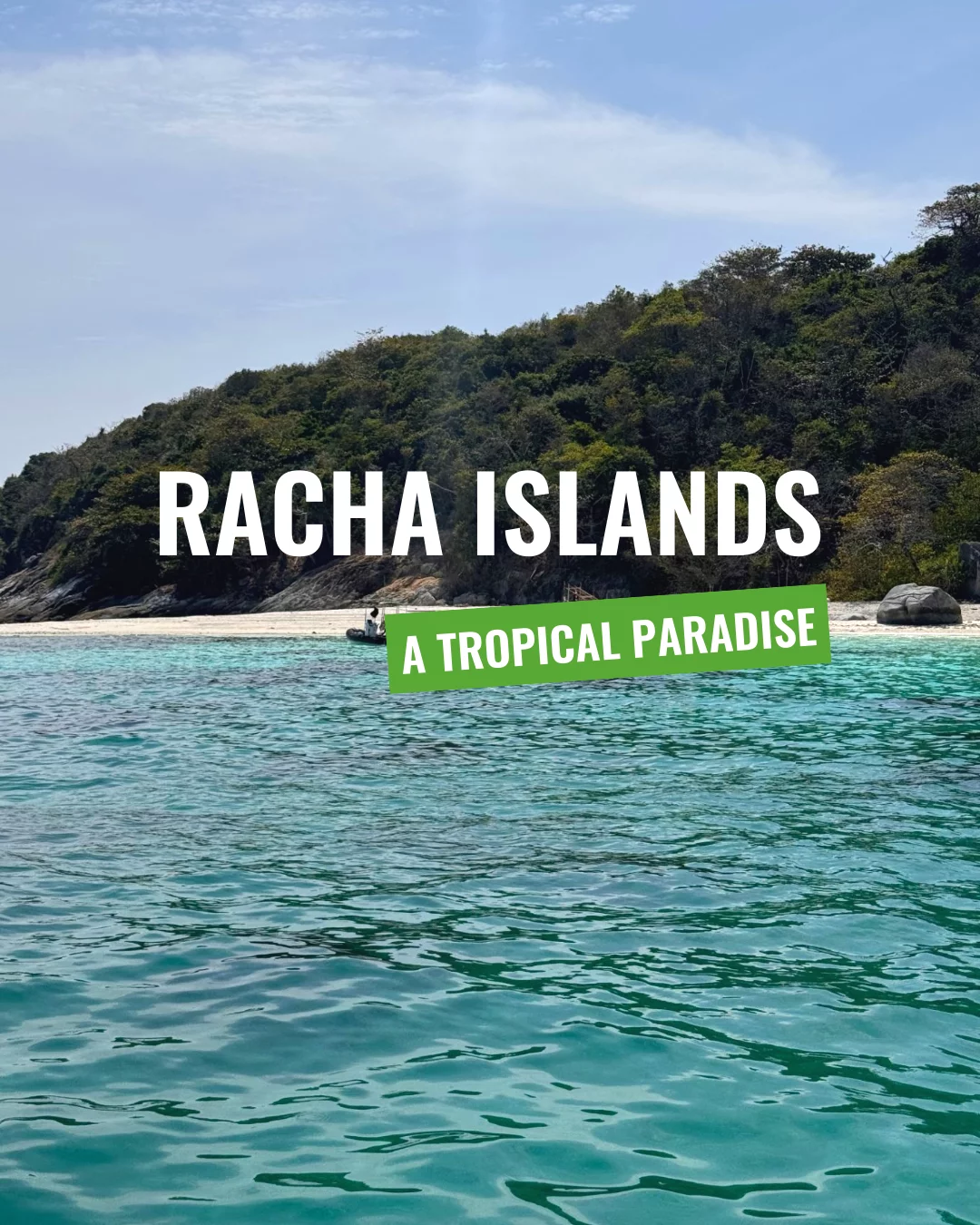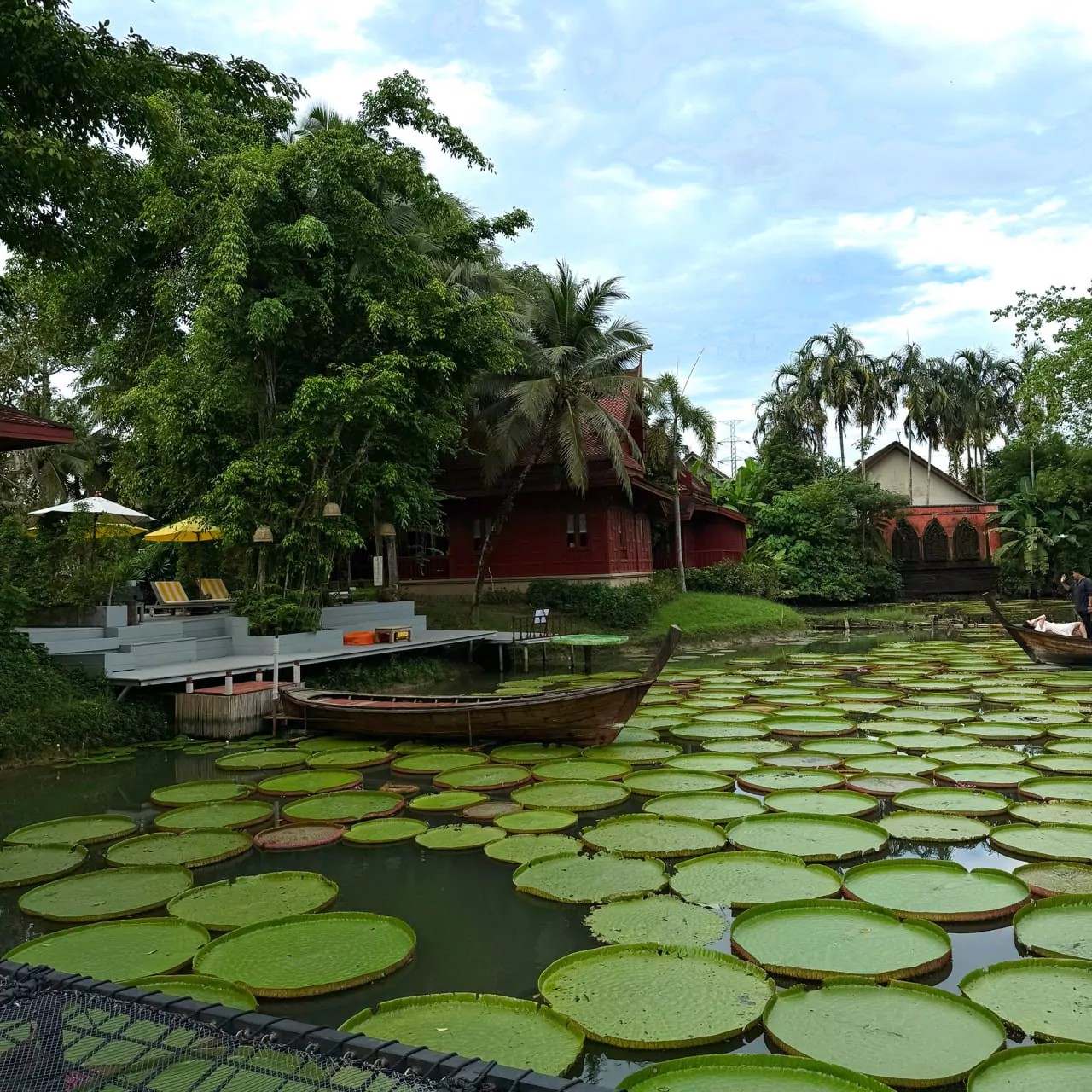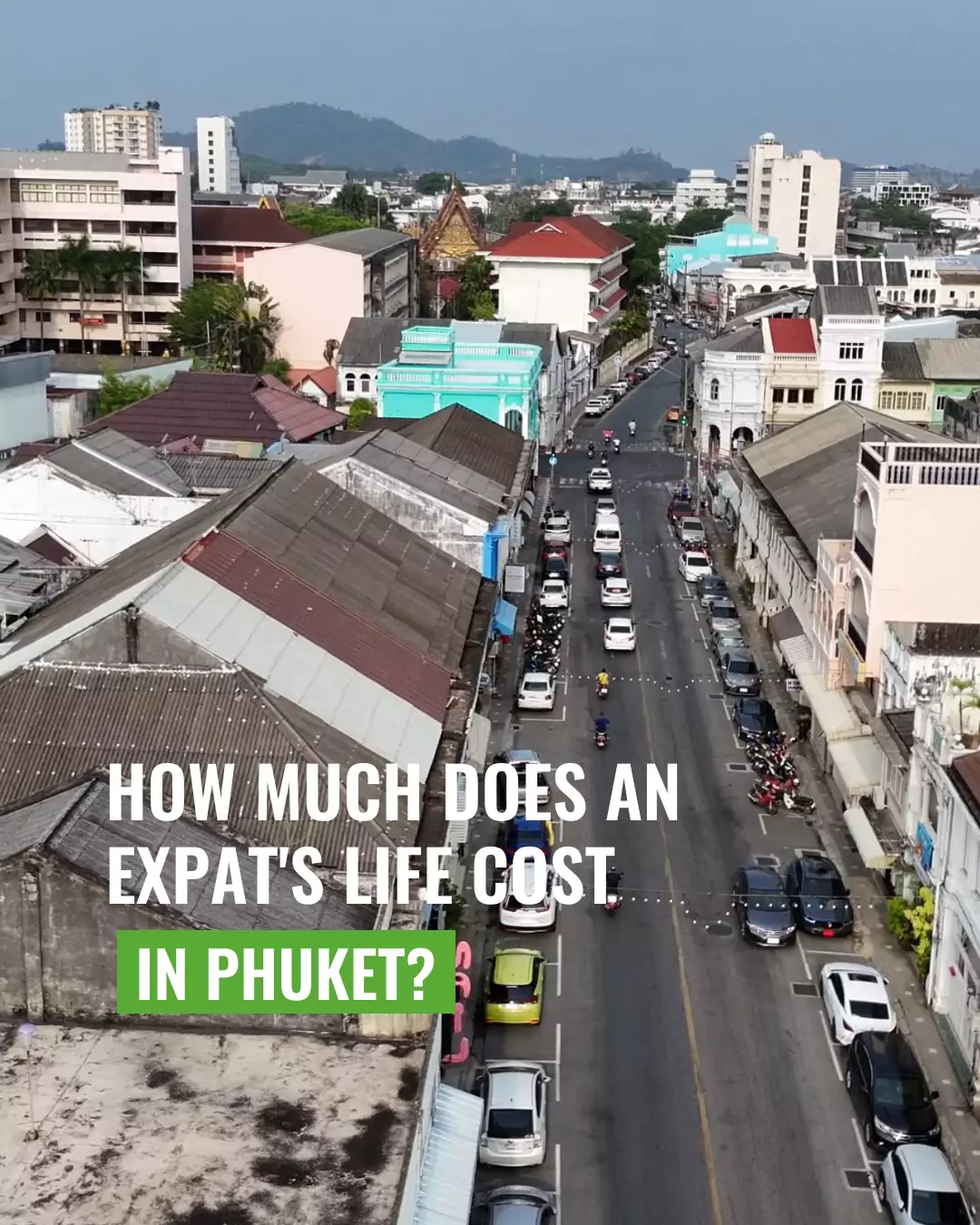How to Open a Bank Account in Thailand
If you live in Phuket for an extended period or plan to start a business in Thailand, sooner or later the question of financial comfort will arise. To avoid fees for using a foreign bank card, a smart solution is to open an account in a Thai bank. First, it’s convenient, and second, it allows you to feel like part of local life – with all the associated benefits.
Who Can Open an Account
Currently, banks only work with holders of long-term visas: work, education, LTR, retirement, elite, or spouse/family member visa of the Non-O category. These visas guarantee that you will stay in the country. In 2025, due to a surge in fraud, banks tightened the rules and no longer work with tourist visas, including the popular DTV visa for “digital nomads.”
You can check the full list of available visas and choose the right one in the Visas & Border Runs section.
Advantages of Opening a Bank Account in Thailand
Here are some of the key benefits for tourists, expats, or entrepreneurs who decide to start a business in Thailand:
- The ability to make international SWIFT transfers;
- For Russians – the possibility of transferring money from Russia (via banks not under sanctions);
- The convenience of paying for goods and services by card or QR code in mobile apps (contactless system), and withdrawing cash from ATMs without fees;
- A friendly jurisdiction: Thailand’s welcoming environment makes it attractive for long-term investments and business;
- Low account requirements: no minimum turnover requirements and very low thresholds for opening personal accounts;
- Reduced risks: Thailand’s neutral status allows transfers without excessive checks, which is especially useful for businesses facing sanction-related restrictions.
As you can see, having a Thai bank account really simplifies financial routines and enables businesses to carry out essential operations.
Which Banks Work with Foreigners
The most expat-friendly bank is Bangkok Bank. You can also try Krungthai Bank, Siam Commercial Bank, Kasikorn Bank, and Bank of Ayudhya.
Unfortunately, citizens of countries under sanctions (Russia, Belarus, Iran, North Korea, and Myanmar) are considered high-risk and may be refused an account without any explanation.
If one bank turns you down, don’t get discouraged – just try another! Not all banks work with foreigners, but you’ll definitely find one where you can open an account.
What You Need to Open an Account
Requirements vary depending on the bank, but since the rules for opening accounts have become stricter, it’s best to prepare the most complete set of documents.
- Passport. Must be valid for at least 6 months.
- Long-term visa (work, student, LTR, retirement, elite, or spouse/family visa category Non-O).
- Thai SIM card. Needed to set up online banking.
- Proof of address. You may be asked for a rental contract or TM-30 form, which is issued by hotels or landlords (usually condominium owners) where foreigners reside.
- Residence certificate. Once you have a rental contract, request a copy of the TM-30 form, take a 4×6 photo, and submit an application with all documents to the immigration office. The certificate will be sent to you by mail.
They may also ask for:
- a Thai driver’s license,
- an employment contract or a letter from your employer,
- a recommendation letter from your consulate,
- a document with your Thai TAX ID number,
- a copy of DBD registration (if you own a business in Thailand),
- or a letter from your educational institution.
The best approach is to visit the specific branch of the bank and ask exactly which documents they require.
The Account Opening Process
Opening an account is usually quick. The process looks like this:
Bring your documents to the bank, ask about opening an account, and take a queue number. Clients are served in order.
Together with a bank officer, you’ll fill out an application form in English, providing your personal details, occupation, education, income source and amount, as well as the purpose of the account.
You’ll need to complete a face scan and sign a KYC form (identity verification).
On the same day, you’ll receive a free unnamed debit card. A personalized card can be issued for an additional fee (takes around 7 days).
Next, you’ll need to make a small deposit – usually about 500 baht (which you can withdraw immediately from an ATM after getting the card).
You may also be asked to pay for insurance. Basic insurance is included, but bank staff often try to upsell more expensive packages – you can politely decline.
After issuing the card, staff will help you install the mobile app. At this stage, it’s recommended to ask them to set up online banking and enable online card payments, so you don’t have to call customer support later.
You can top up your account at an ATM near the bank branch.
That’s it – you’re all set! You can use the non-personalized card right away, load it with baht, and enjoy all the benefits of cashless payments.
If you don’t have a Thai card yet and need to exchange rubles for baht, we recommend turning to our trusted partners. Go to the Money Exchange section to complete the transaction safely.
Handle your money carefully: in Phuket – as in other popular tourist destinations – tourist scams are not uncommon. Read our article Scams in Phuket to stay alert.

